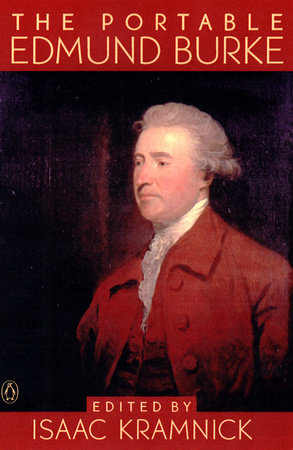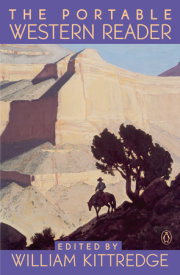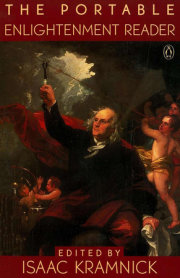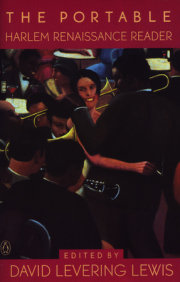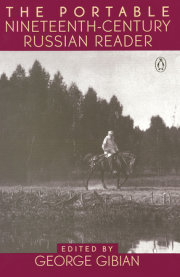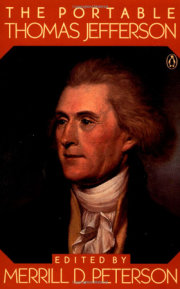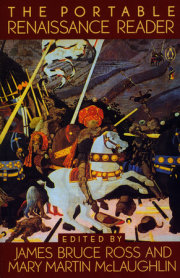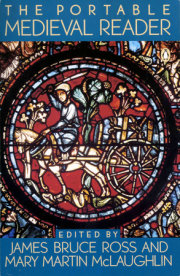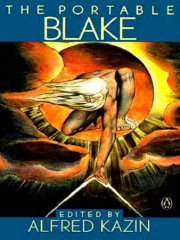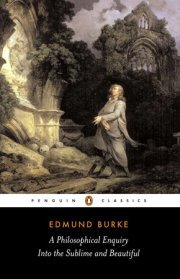Introduction
Suggestions for Further Reading
A Note on the SelectionsI. CULTURE AND HISTORY
The Reformer
A Notebook of Edmund Burke
A Vindication of Natural Society
A Philosophical Inquiry into the Origins of Our Ideas of the Sublime and the Beautiful
Fragment—An Essay Towards an History of the Laws of England
Book Reviews in the Annual Register
Speech on the Repeal of the Marriage Act
Speeches on Religious Establishment and Toleration
II. POLITICS AND SOCIETY
Thoughts on the Present Discontents
Speech on the Middlesex Elections
Speech at Mr. Burke's Arrival in Bristol
Speech on Economical Reform
Speech on a Bill for Shortening the Duration of Parliaments
Speech on a Committee to Inquire into the State of the Representation of the Commons in Parliament
Sketch of a Negro Code
Thoughts and Details on Scarcity
A Letter to a Noble Lord
III. AMERICA AND REVOLUTION
An Account of the European Settlements in America
Observations on a Late Publication Entitled "The Present State of the Nation"
Speech on American Taxation
Speech on Conciliation with the Colonies
Address to the British Colonists in North America
A Letter to the Sheriffs of Bristol on the Affairs of America
IV. IRELAND AND CATHOLICISM
Tract on the Popery Laws
Address at Bristol on the Gordon Riots and the Catholic Question
A Letter to a Peer of Ireland on the Penal Laws Against Irish Catholics
Letter to Sir Hercules Langrishe
A Letter to Richard Burke, Esq., on Protestant Ascendancy in Ireland
A Letter to William Smith, Esq., on the Subject of Catholic Emancipation
V. INDIA AND COLONIALISM
Speech on Mr. Fox's East India Bill
Speech on the Nabob of Arcot's Debt
Speeches on the Impeachment of Warren Hastings
VI. THE FRENCH REVOLUTION
Speech on the Army Estimates
Reflections on the Revolution in France
An Appeal from the New to the Old Whigs
Thoughts on French Affairs
Letter to a Member of the National Assembly
Letters on a Regicide Peace
VII. SELECTED LETTERS
To the Duke of Richmond
To William Burgh, Esq.
To the Marquis of Rockingham
To Mons. Dupont
To Philip Francis, Esq.
To Captain Mercer
To Chevalier de la Bintinnaye
To William Weddell, Esq.,
To William Elliot

